Top 5 Healthcare Technology Industry Trends To Watch Out For In 2023

The world is in the midst of a technological revolution, and the healthcare industry is not exempt from this sweeping change. Emerging technologies are increasingly integrated into our daily lives, and the healthcare sector is eagerly adopting these new tools to enhance patient care, improve efficiency, and streamline revenue collection processes. As we navigate through 2023, keeping an eye on the future of healthcare technology is paramount for providers looking to stay ahead in this fast-paced industry. This article delves into the top five trends in healthcare technology, focusing on how these advancements can bolster revenue cycle management and overall operational efficacy for healthcare providers.
1. Advanced Analytics and AI in Revenue Cycle Management
Among the top new healthcare technologies, advanced analytics and artificial intelligence (AI) play a pivotal role, particularly in improving revenue cycle management (RCM). The sophistication of AI has led to a transformational shift in how data is processed and utilized in healthcare settings. Traditional RCM methods have often proved to be cumbersome, prone to human error, and time-consuming. AI and advanced analytics have emerged as powerful tools capable of overcoming these challenges.
Healthcare providers are leveraging these technologies to automate and optimize various aspects of RCM, including patient registration, charge capture, coding, claim submission, remittance processing, and follow-up. They offer the ability to predict future trends, identify potential bottlenecks, and make real-time decisions based on data. This results in improved accuracy, reduced denial rates, increased cash flow, and enhanced patient satisfaction.
Moreover, with the power of predictive analytics, providers can proactively identify patients at risk of non-payment, allowing for a more targeted and efficient collection process. As we advance further into 2023, the use of AI and advanced analytics in revenue cycle management will only continue to grow, making it a healthcare technology trend that cannot be overlooked.
2. Telemedicine and Virtual Care Platforms
As the pandemic catalyzed the need for remote healthcare, telemedicine became one of the most significant new technologies in healthcare. Even in 2023, telemedicine continues to gain momentum as a viable, cost-effective, and convenient means of providing healthcare services.
Virtual care platforms not only facilitate communication between patients and providers but also improve the efficiency of the revenue cycle. They allow for immediate scheduling, digital registration, and automatic billing, effectively reducing administrative burdens. Further, the introduction of blockchain and smart contracts in telemedicine could potentially revolutionize the payment process by providing secure, transparent, and timely transactions, thereby accelerating the revenue cycle.
Moreover, telemedicine can help healthcare providers expand their patient base by reaching out to patients who cannot physically come to the healthcare facilities, thus increasing potential revenue. As technology advances and patients continue to seek convenience, the use of telemedicine and virtual care platforms is a trend in healthcare technology that will continue to shape the future of healthcare delivery.
3. Robotic Process Automation (RPA)
Robotic Process Automation (RPA) is another emerging technology in healthcare that is reshaping the way providers manage their revenue cycle. RPA uses software robots or "bots" to automate repetitive, rule-based tasks, freeing up healthcare staff to focus on more complex and patient-centered duties.
In revenue cycle management, RPA can be implemented in tasks such as claims status checks, prior authorizations, patient eligibility verification, and payment posting. The automation of these tasks reduces errors, speeds up the revenue cycle, improves the patient billing experience, and ultimately boosts revenue.
As providers continue to face pressure to reduce costs and improve efficiency, the application of RPA in healthcare is set to increase, making it a critical healthcare technology trend in 2023 and beyond.
4. Interoperability and Health Information Exchange (HIE)
Interoperability, the ability of different healthcare information systems to exchange and interpret shared data, is becoming increasingly crucial in the future of healthcare technology. By enabling seamless exchange and access to patient data among different providers, interoperability can streamline clinical processes and improve the efficiency of the revenue cycle.
Health Information Exchange (HIE) platforms, which facilitate this data exchange, play a significant role in improving coordination of care, reducing duplication of services, and making billing processes more efficient. With comprehensive and accurate data available in real time, providers can prevent billing errors, reduce claim denials, and speed up payment cycles.
Given the increasing emphasis on coordinated and value-based care, interoperability and HIE are set to become even more important in the healthcare industry. Providers who leverage these technologies will be better positioned to improve their revenue cycle management and patient care.
5. Blockchain Technology
While still in its nascent stage in the healthcare sector, blockchain technology holds immense potential to transform various aspects of healthcare, including revenue cycle management. The decentralized and secure nature of blockchain makes it ideal for managing patient data, verifying prescriptions, handling insurance claims, and streamlining payments.
In the context of revenue cycle management, blockchain can enable transparent and secure transactions, reducing fraud and billing errors. It can also automate administrative tasks such as claim adjudication, leading to faster payments and improved cash flow.
As more healthcare providers recognize the benefits of blockchain, its application in the industry is expected to rise, marking it as a critical trend to watch out in the future of healthcare technology.
As the healthcare sector continues to evolve, these trends and technological advancements will lead the way in shaping a more efficient, patient-centric, and revenue-optimized future. Providers must be ready to adapt and harness these trends to remain competitive and continue delivering high-quality care in an ever-changing landscape.
To learn more about how Adonis can you as a healthcare provider, use the scheduling link below to set up a quick demo.

.jpg)










